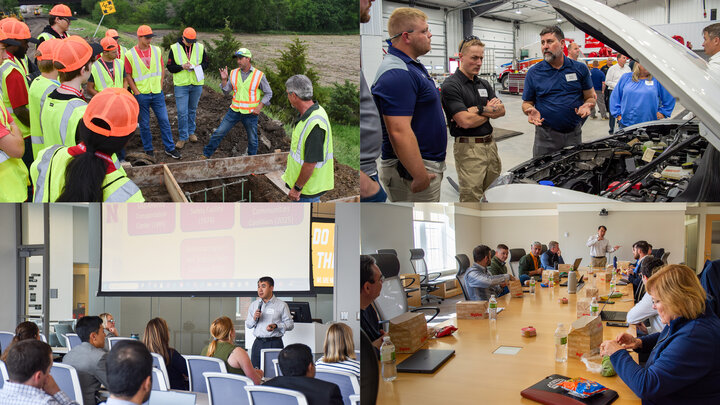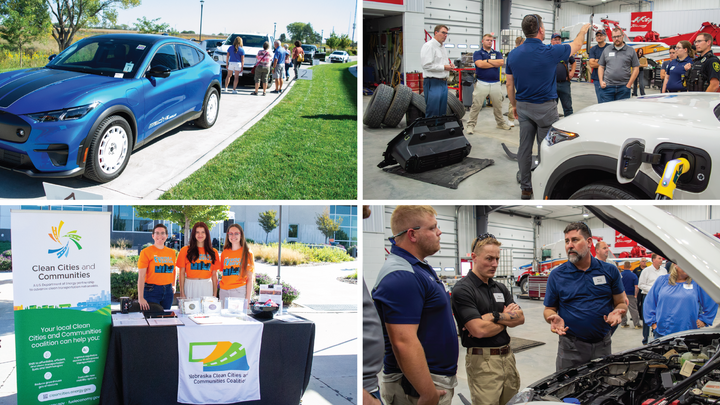Dr. Li Zhao of NTC was awarded a fellowship from UNL’s Nebraska Governance & Technology Center (NGTC) to continue her research and exemplify NGTC’s goal of researching the relationship between law and technology.
Dr. Zhao is currently a Principal Investigator or Co-Principal Investigator on a number of projects specializing in traffic safety, driver behavior, and intelligent transportation systems. Her current projects include (1) Assessment of Advance Warning Devices and Freeway and Highway Lane-Closure Work Zones, (2) Estimation of System and Traveler Cost During Road Construction/Maintenance Operations, and (3) Development of highway-rail Grade Crossing Safety Management System. She was recently recognized by the UNL newsroom for her research on driver-assist systems.
She developed a model with former NTC director Dr. Laurence Rilett and doctoral student in transportation systems engineering Mm Shakiul Haque to analyze variable values that would indicate a driver planning to change lanes. These values could be the distance between vehicles, their relative speed, their lateral positions, or a subtle turn of the front vehicle’s nose. When all variables reach values that indicate the maximum likelihood of a lane change, the model flags the lane change as imminent.
The model was built with data from nearly 3,000 vehicles outfitted with front-facing cameras and various sensors, previously used for a U.S. Department of Transportation project that eventually made the data available to the public.
Zhao plans to form more interdisciplinary collaborations with technology, business, psychology, and public policy to take advantage of NGTC’s resources and expertise. The fellowship will allow her to connect with scholars from those disciplines to advance her understanding of her core research topics as well as contribute to interdisciplinary teams that investigate how advances of technology in the area of transportation system engineering impact society. Her projects examine new technology in the context of traffic and transportation engineering which typically lead to technology transfer. The outcomes benefit a variety of stakeholders in society such as public policy makers, transportation agencies, and road users.




